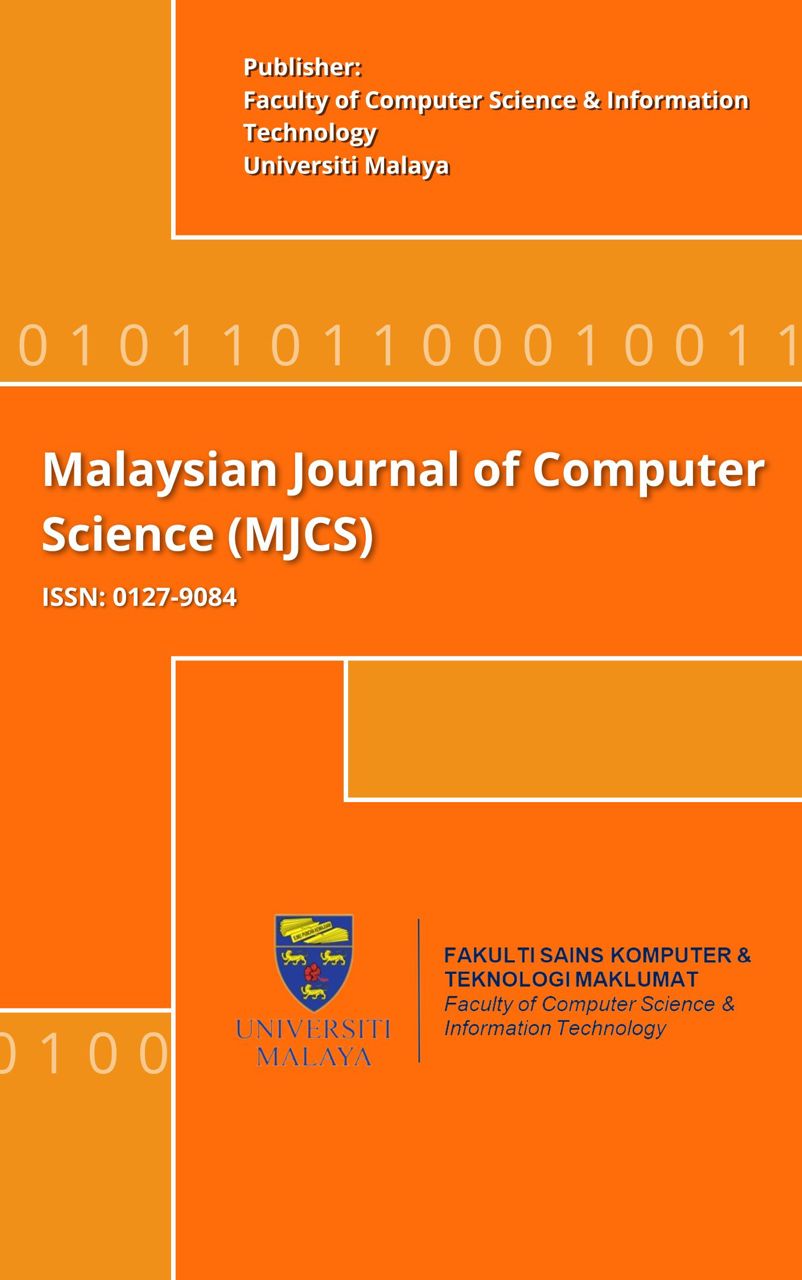FINE VESSEL SEGMENTATION WITH REFINEMENT GATE IN DEEP LEARNING ARCHITECTURES
DOI:
https://doi.org/10.22452/mjcs.vol37no3.2Keywords:
Image segmentation; Deep learning; Fundus image; Blood vessels.Abstract
Automated vessel segmentation is essential in diagnosing eye-related disorders and monitoring progressive retinal diseases. State-of-the-art methods have achieved excellent results in this field, but very few have considered the post-processing of feature maps. As a result, there is often a lack of small and fine vessels or discontinuities in segmented vessels. To address this issue, this study introduces a novel post-processing technique called the refinement gate, which works with a deep learning model during training. The refinement gate enhances contextual information to extract important features from feature maps better. The proposed technique is applied with U-net architecture and placed after every convolution block in the encoder path. Visual and statistical comparisons demonstrate the robustness of the proposed method using three publicly available datasets, namely: the DRIVE DB, the STARE DB, and CHASE_DB1 datasets, showing significant improvements to segment weak and tiny vessels. The reported results confirm the potential of the model to be used as a segmentation tool in the medical field. This study is the first to propose such a gating mechanism without additional trainable parameters or standalone networks as in other literature.
Downloads
Downloads
Published
How to Cite
Issue
Section
License
Copyright (c) 2024 Malaysian Journal of Computer Science

This work is licensed under a Creative Commons Attribution-ShareAlike 4.0 International License.






